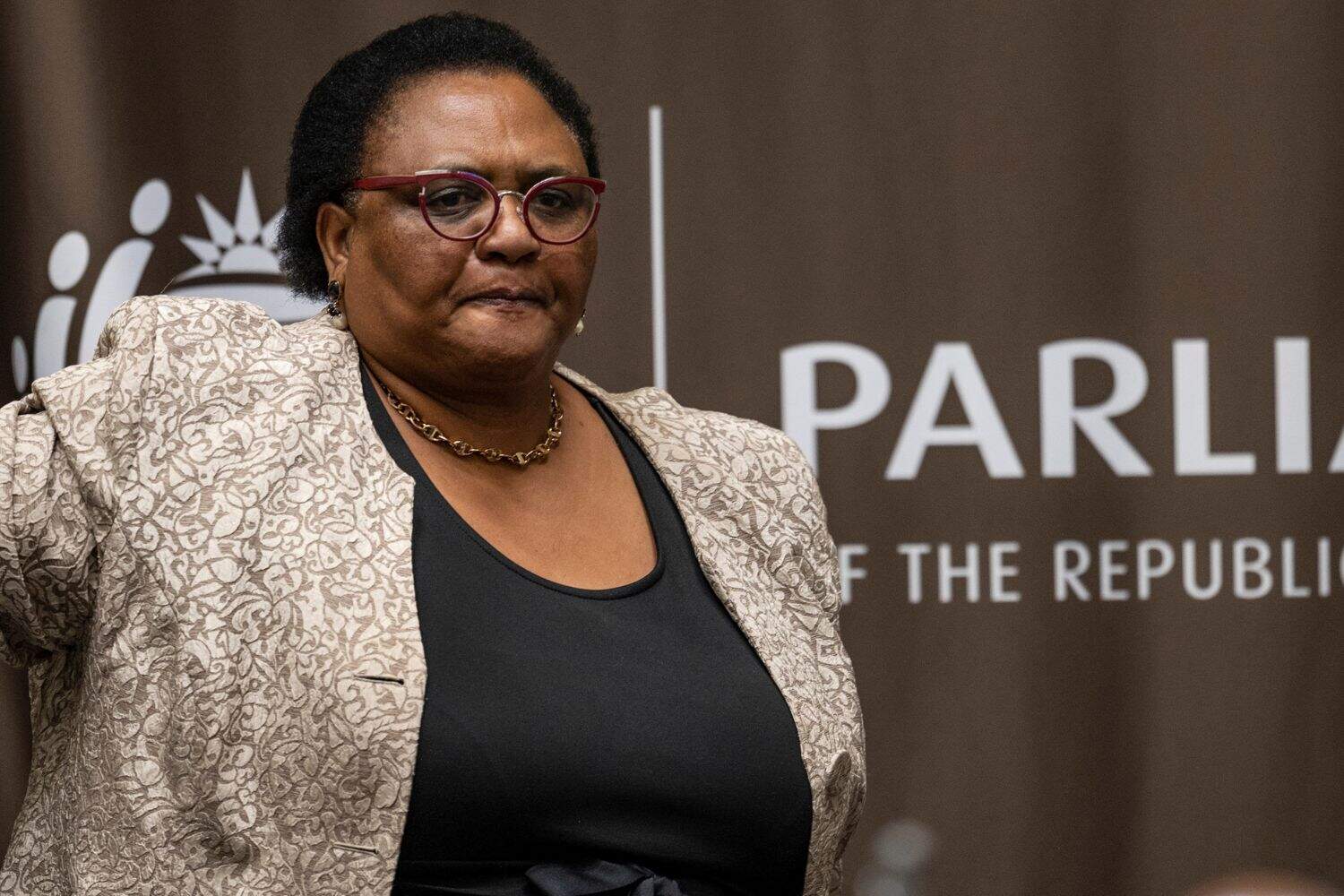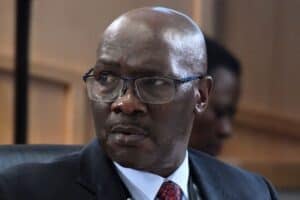42% of parliament's budget goes towards members' benefits.

Parliament has set aside R71.2 million for medical aid contributions for former members of parliament and provincial legislatures.
This is part of parliament’s requested R5.08 billion budget for the 2025/26 financial year, as announced by National Assembly Speaker Thoko Didiza during the budget vote debate on Tuesday.
However, the National Treasury allocated only R3.58 billion to the instituition.
Notably, the allocation for former legislators represents a substantial portion of the approved parliamentary budget.
According to Didiza, the remaining funds include R500 million specifically earmarked for the restoration and refurbishment of parliamentary buildings following the fire damage in January 2022.
MP benefits dominate budget allocation
Didiza revealed that “42% of our budget goes towards members’ benefits, such as remuneration, entitlements, medical aid for current and former members of parliament and provincial legislators as well as the transfers to political parties for constituency work, and political party administration”.
This substantial allocation shows the financial commitment to support both active and retired parliamentarians.
Parliament rebuilding and infrastructure investment
The budget also allocated R500 million for the restoration of parliament as it tries to recover from the fire damage that has severely impacted its operations.
“155 offices for members were completed and 54 are under refurbishment to be finished by end of September 2025,” Didiza said.
She said the rebuilding project involves parliament, Public Works and Infrastructure, and National Treasury, with parliament taking responsibility for the reconstruction efforts.
The Development Bank of Southern Africa is the implementing agent for the project.
“The architectural design was done and shared with members before finalisation,” Didiza added.
Committee resources and operational priorities
The budget allocates R3 million per portfolio committee.
Didiza emphasised that “what drives our processes in parliament are committees.
“It is therefore important to ensure that committees are adequately resourced and have an insight into the resources they have on an annual basis for better planning.”
Enhanced resources for public participation have been included to improve public hearings on lawmaking by portfolio committees.
Dididza said the institution is also expanding its research capacity through additional researcher appointments.
It is also recruiting more language practitioners to address service gaps identified by members.
Legislative performance and oversight
Parliament’s legislative output during the past year included 15 bills passed by the National Assembly and referred to the National Council of Provinces.
Twenty-seven bills are currently being processed by committees.
In terms of parliamentary questions, the National Assembly processed 572 oral questions to the Executive, including the president and deputy president.
Almost 99% of the questions received replies, according to Didiza.
However, written questions showed a concerning response rate, with only 49% of the 3 315 questions posed receiving answers.
“I have raised concerns to the executive through the leader of government business on this matter. Members will remember that two weeks ago we reprimanded the members of the executive in this very house on this matter,” the speaker stated.
ALSO READ: Treasury allocates R750m to offset Pepfar funding withdrawal as Motsoaledi tables health budget
Priorities and democratic accountability
The budget supports parliament’s identified priorities for the seventh administration.
This includes strengthening oversight and accountability frameworks, enhancing the legislative process and public involvement, improving public appointment processes, and improving international engagement.
Legacy issues and reform implementation
The budget also addresses several legacy issues from previous parliaments, including the implementation of recommendations from panels and commissions.
Dididza said parliament has been engaging with institutions regarding the Asmal Report recommendations to review Chapter 9 institutions and is following up on outputs from the High-level Panel on the Assessment of Key Legislation.
According to the speaker, progress has been made on the recommendations of the state capture report.
She said several anti-corruption laws were passed since then, including the Financial Matters Amendment Act, the General Laws Amendment Act, National Prosecuting Amendment Act, and the Public Procurement Act.
READ NEXT: Mkhwanazi vs Mchunu: Speaker Thoko Didiza rules on parliament debate






